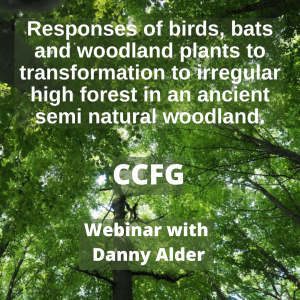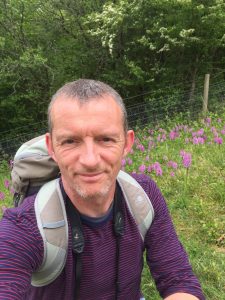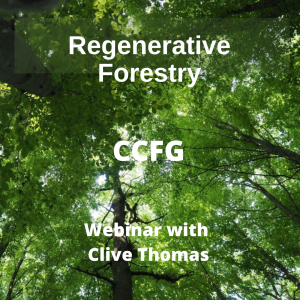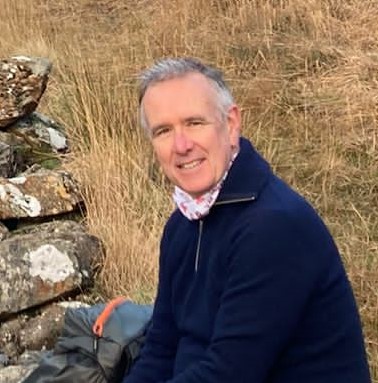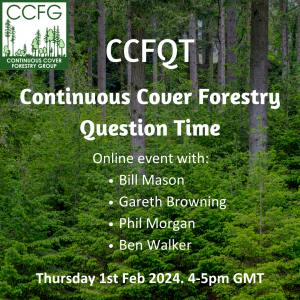
Thetford forest, East Anglia
Transforming productive coniferous woodland with forest health and drought risks
Thetford forest, managed by Forestry England (FE), is the largest pine plantation in England. The fact that it was established in a relatively short period of time, just over 100 years ago, almost exclusively with Scots and later Corsican pine shapes the forest today and underlies many of the issues threatening its future thriving.
This site visit will feature large-scale underplanting as a way to transform even-aged coniferous monocultures. We will visit sites at different stages of the underplanting process to showcase and discuss operational considerations of species choice, site preparation and ongoing management of the underplanted sites; explaining what the main catalyst for larger scale underplanting was, why underplanting was chosen as the main method, and what the main operational considerations and ways to addressed them have been.
We plan to visit Forest Research (FR) operational trial testing growth of a wide range of tree species in the open and understory conditions. Chris Reynolds (FR) will walk us through the design, goals and the first outcomes of this trial.
FE foresters promise to share a comprehensive picture of their rationale, evidence, practical considerations and long-term plans and look forward to discussing principles and application of CCF in the context of forest health, soil, climate and herbivore pressures.
Meeting point (to be confirmed): Santon Downham Forestry England – parking lot.
The tour will take place in the main block of Thetford forest, further details to be confirmed.
What to bring
PPE Boots suitable for rough ground and waterproofs. For biosecurity, please ensure that your footwear is clean before arrival.
Lunch and drink: Bring your own food and drink for lunch and snacks.
Finish
By around 4.00pm
Booking
Essential. To allow for good discussion and facilitate logistics, the meeting will be limited to 30 people. There will be a waiting list if numbers exceed this so please let us know if you cannot make it. To book, please follow this link.
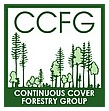


 Following the webinar on 23rd May with Victoria Stokes talking about an experiment in underplanting in conifers at Clocaenog Forest, a recording has now been made available on YouTube which
Following the webinar on 23rd May with Victoria Stokes talking about an experiment in underplanting in conifers at Clocaenog Forest, a recording has now been made available on YouTube which 

 has published a report including several case studies of Continuous Cover Forestry and the financial obstacles they faced. To read more, follow
has published a report including several case studies of Continuous Cover Forestry and the financial obstacles they faced. To read more, follow 